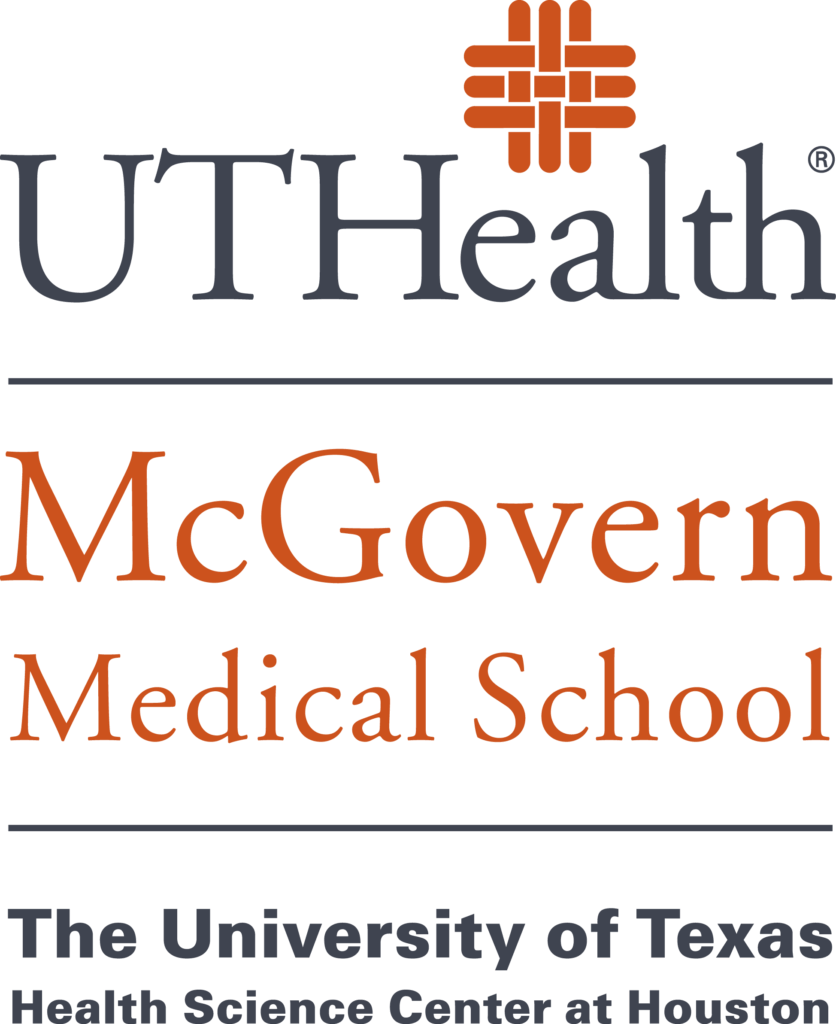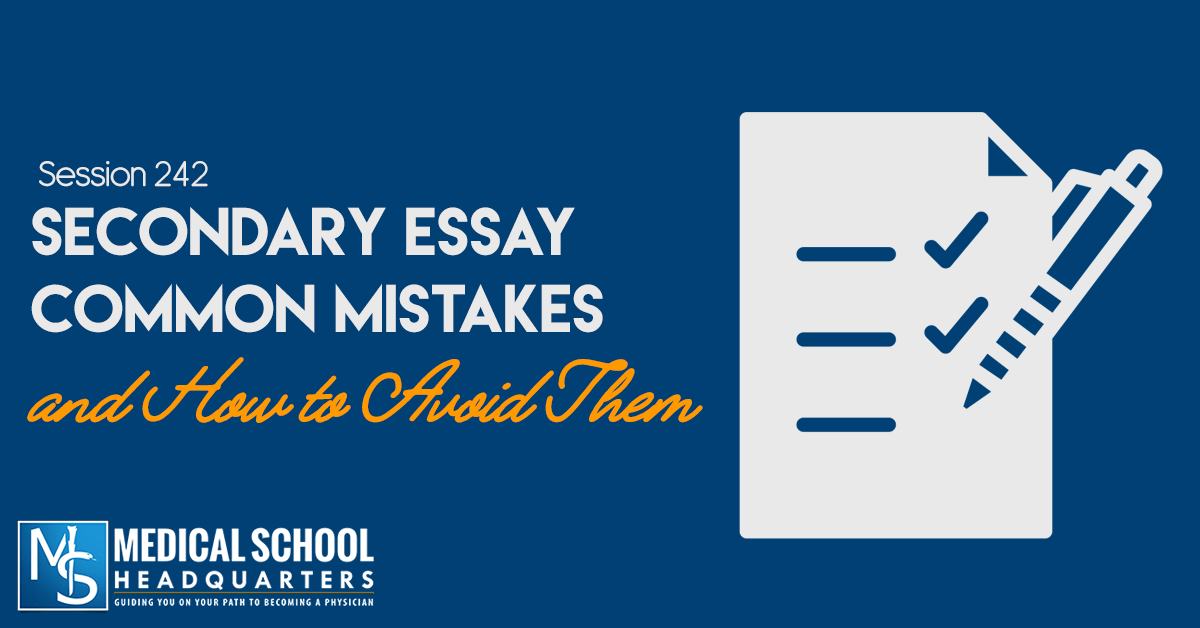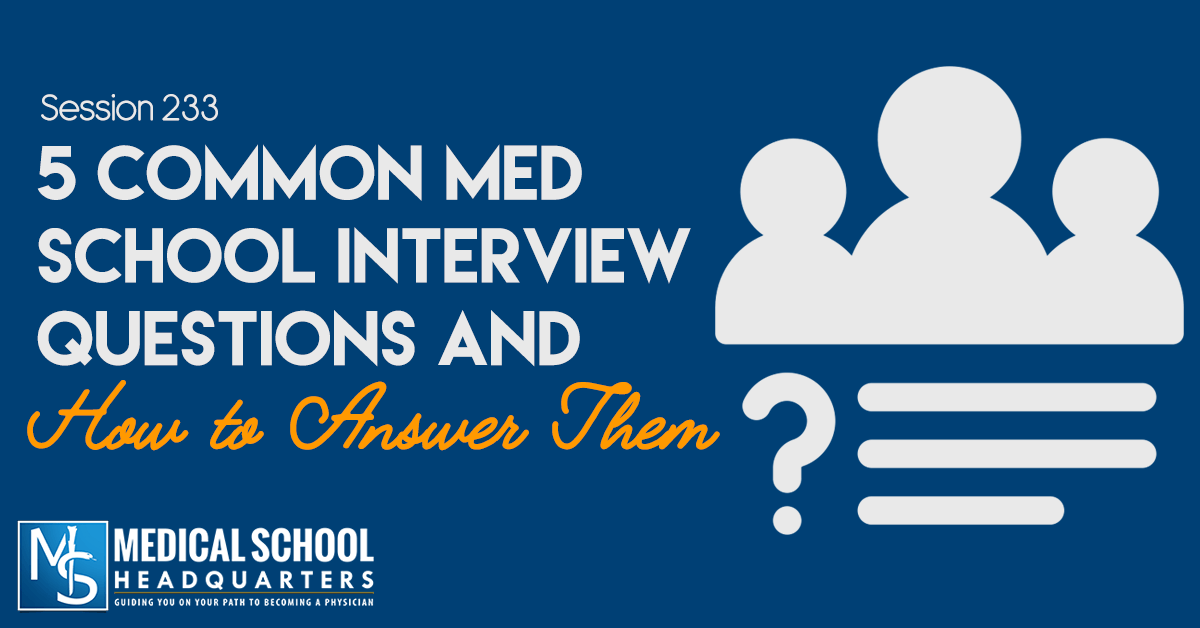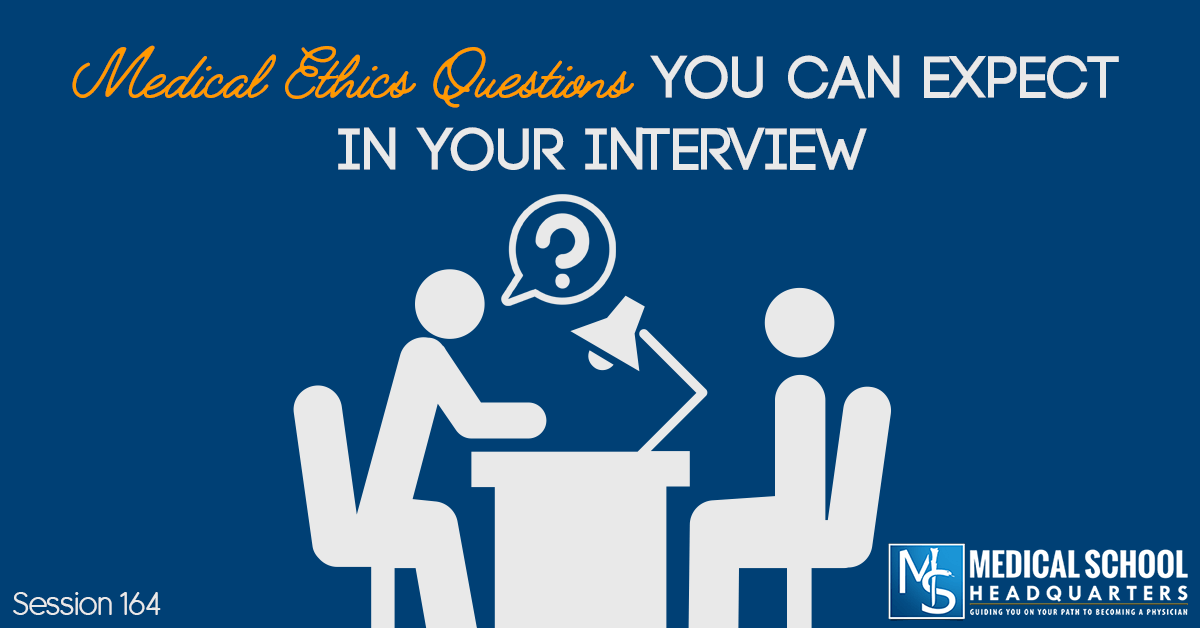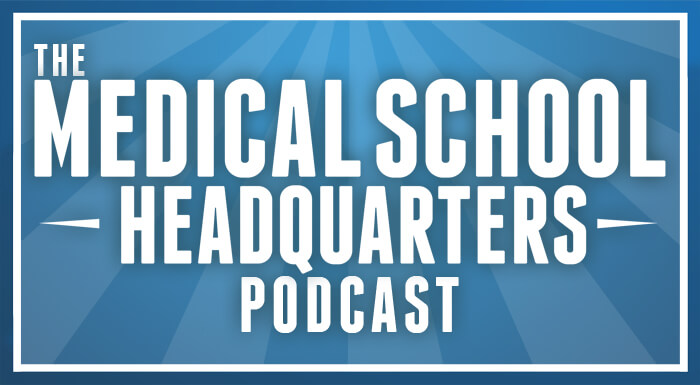McGovern at University of Texas- Houston Secondary Essay Prompts
(If you have updated prompts, please submit them at updatesecondaries.com)
Prompts have been updated June 2023. (Older essays, if available are below)
Prompts:
-
Please discuss one of the following: (2500 characters)
a) A challenging situation or obstacle you have faced in the past. Why was it challenging? How did you handle it? Knowing what you know now, would you do anything differently? What did you learn?
b) Any academic road bumps in your academic career (low academic performance, failing course, dropping/retaking of courses). Why was it challenging? How did you handle it? Knowing what you know now, would you do anything differently? What did you learn? - Describe a time or situation where you have been unsuccessful or failed. What did you learn from this experience and how have you applied this learning to your work and/or life? (2500 characters)
- What would you like to contribute and be remembered for in medicine? (2500 characters)
Primary Deadline: Usually around Oct 30th
Secondary Deadline: Usually around Nov 15th
Secondary Fee: $80
FAP Waiver: Full Fee Waived
Casper Required: Yes
PREview Required: No
Screens Applications: No
Accepts Application Updates:Significant application updates are accepted after interview invite
McGovern Medical School at University of Texas Health Science Center- Houston Mission:
To educate a diverse body of future physicians and biomedical scientists for a career dedicated to the highest ideals of their profession; to provide outstanding patient-centered care; and to conduct innovative research that benefits the health and well-being of the population of Texas and beyond.
Mcgovern Medical School at University of Texas Health Science Center- Houston Values:
- Deliver compassionate patient care focusing on effectiveness, quality, safety, and service
- Provide a competency-based curriculum emphasizing integrity and professionalism
- Embrace a culture of lifelong learning, evidence-based practice, open inquiry, and scholarship
- Cultivate professional and respectful communication
- Foster a diverse and inclusive learning community
- Support the health and well-being of students, faculty, and staff
- Promote interprofessional collaboration
- Support leadership and innovation in teaching, research, and service
- Advocate for excellent care for the underserved and for the reduction of health care disparities
